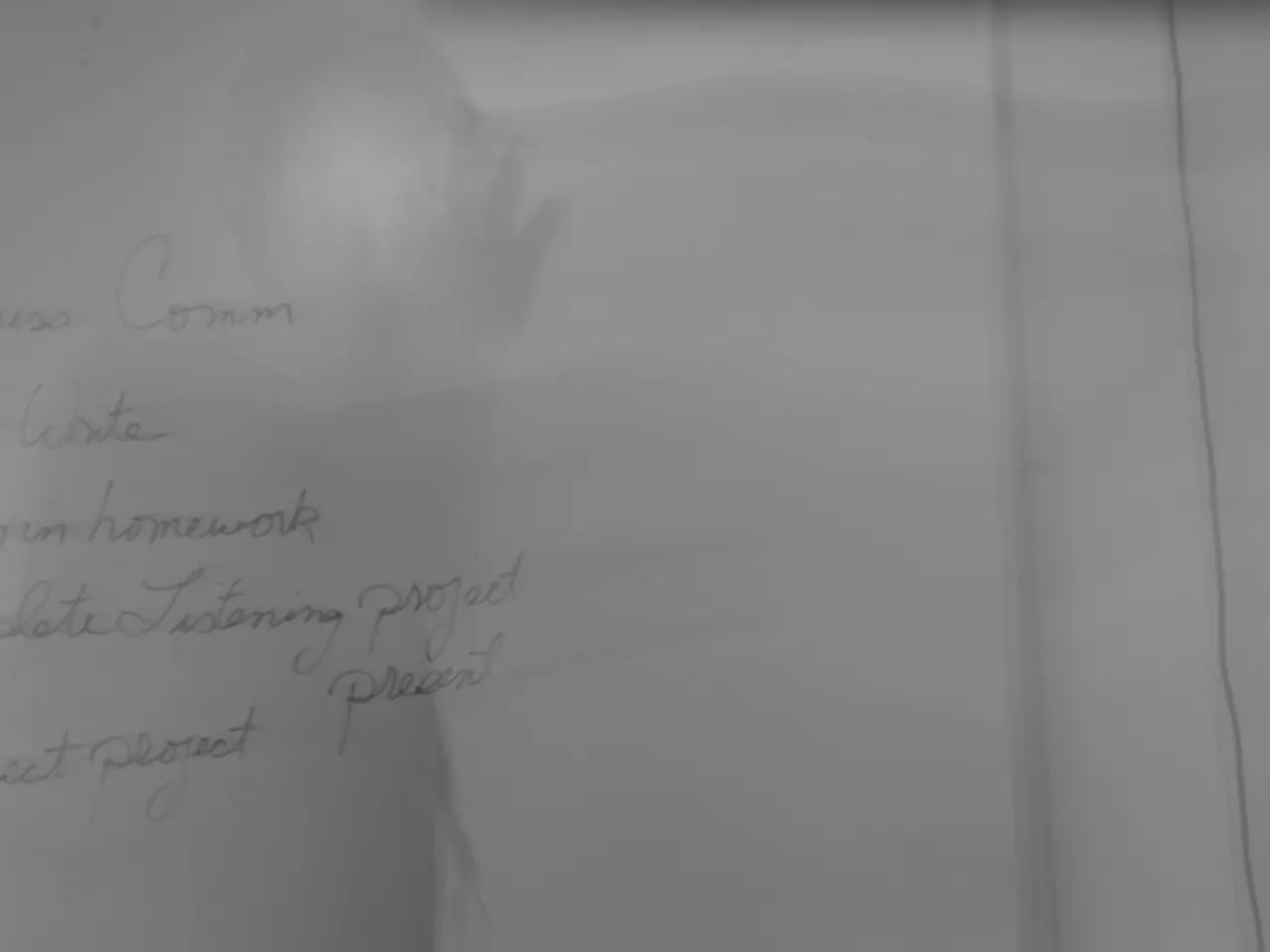Merz remains untouched by Israeli restrictions
The European Union Commission President, Ursula von der Leyen, has proposed sanctions against Israel in response to criticism over its military actions in the Gaza Strip. This proposal has sparked controversy within the German political landscape, particularly within the black-red coalition.
Chancellor Friedrich Merz, during his inaugural visit to Madrid, did not reveal details about the proposals. However, he emphasised Germany's support for Israel while acknowledging disagreements with some Israeli government decisions.
Within the coalition, the SPD advocates exerting more pressure on Israel, while the CSU is strictly against further sanctions against Israel. The CDU, another party in the coalition, rejects trade sanctions but is somewhat open to personal sanctions.
This internal disagreement within the German government has resulted in an uncertain stance on the proposed EU sanctions against Israel. The German cabinet will discuss the issue in the coming week, and the government plans to formulate a position by the EU summit at the beginning of October 2025.
Von der Leyen's proposal includes the withdrawal of trade preferences affecting 37% of Israel's exports to the EU. However, the practicality of such measures is yet to be assessed by the German government.
The controversy surrounding the sanctions proposal is not limited to the German government. Allegations of human rights violations and incitement to hatred have been levelled against specific Israeli politicians, including Finance Minister Bezalel Smotrich and Minister of Police Itamar Ben-Gvir.
As the EU summit approaches, the German government will need to navigate these internal disagreements and make a decision that reflects the country's support for Israel while also addressing concerns about human rights and international criticism.
Read also:
- United States tariffs pose a threat to India, necessitating the recruitment of adept negotiators or strategists, similar to those who had influenced Trump's decisions.
- Weekly happenings in the German Federal Parliament (Bundestag)
- Southwest region's most popular posts, accompanied by an inquiry:
- Discussion between Putin and Trump in Alaska could potentially overshadow Ukraine's concerns








